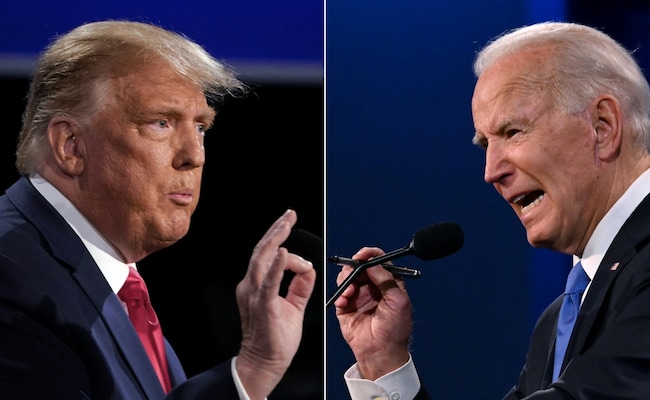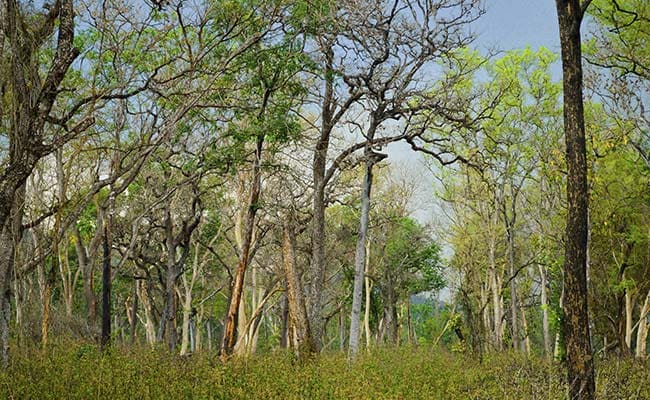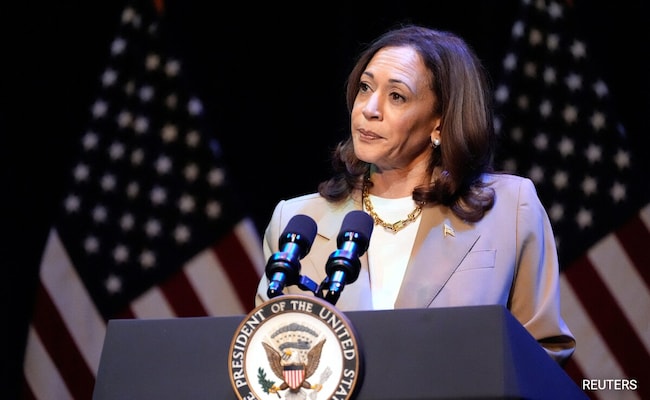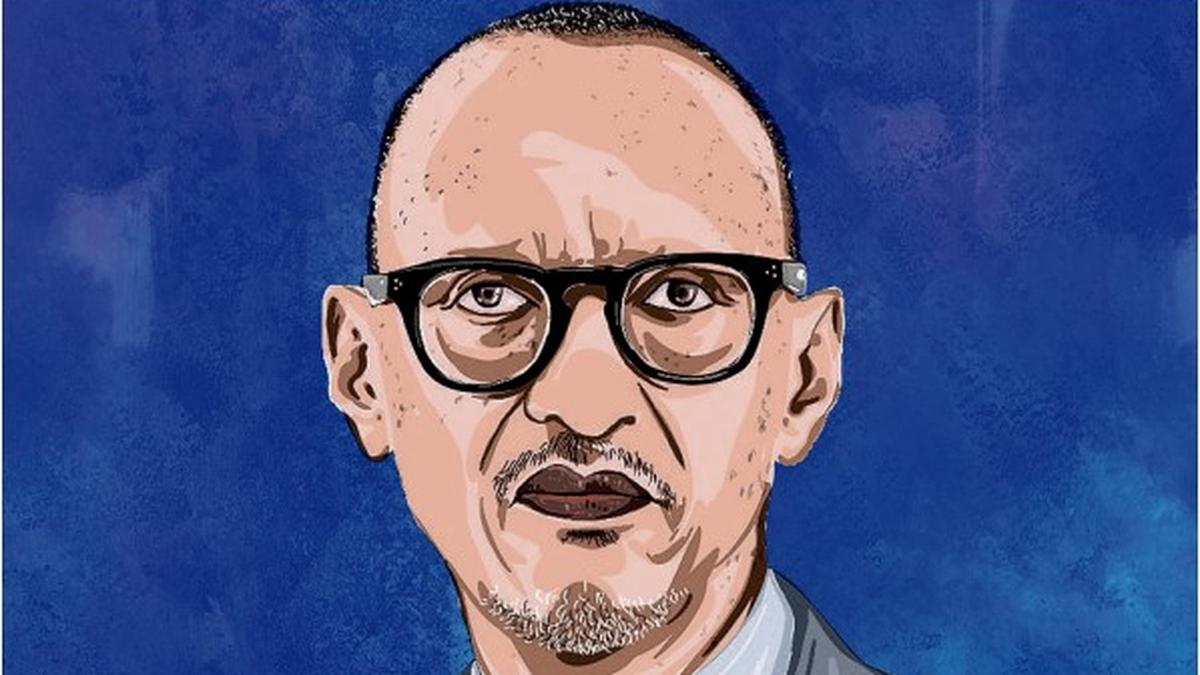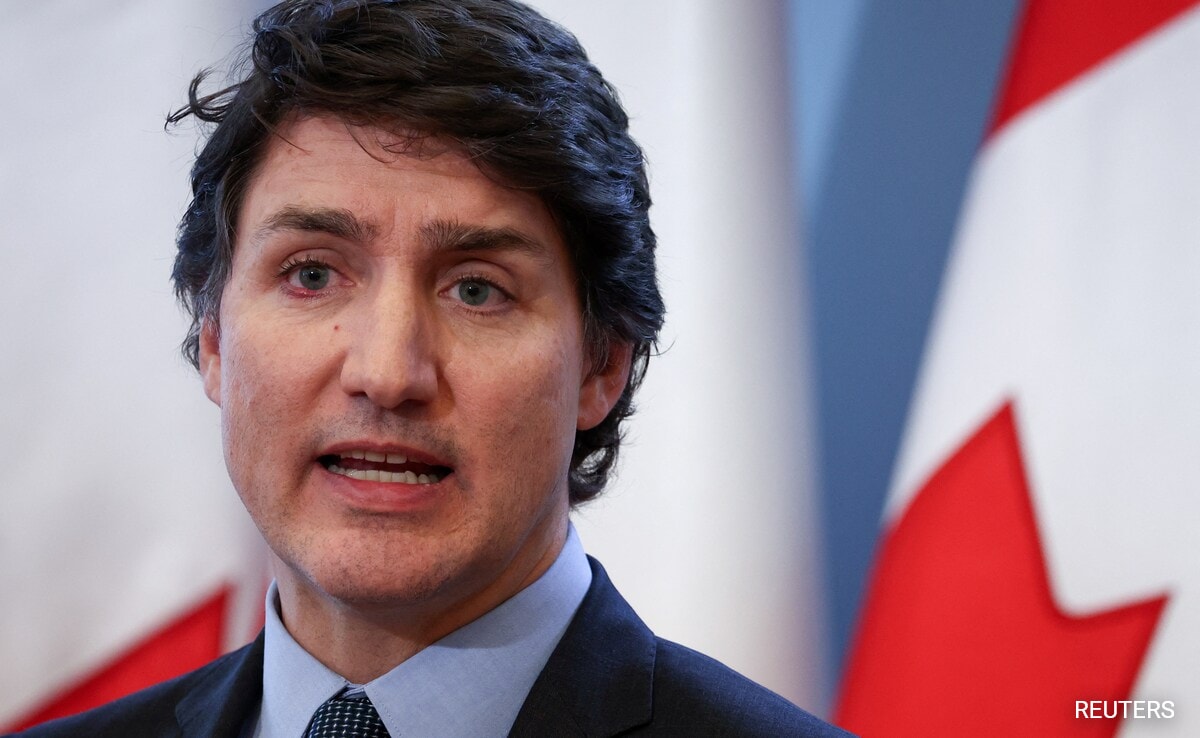Indonesian President Joko Widodo (right) with Defence Minister and President-elect Prabowo Subianto during the ceremony marking Indonesia’s 79th anniversary of independence at the new Presidential palace in its future capital of Nusantara, a city still under construction on the island of Borneo, on August. 17, 2024.
| Photo Credit: AP
Indonesia’s President Joko Widodo and Cabinet Ministers attended the Independence Day ceremony at the new Presidential Palace
Indonesia marked 79 years of independence on Saturday (August 17, 2024) with a ceremony in the unfinished future capital of Nusantara, which was planned to relieve pressure on Jakarta but whose construction has lagged behind schedule.
Hundreds of officials and invited guests wearing the traditional clothes of Indonesian tribes gathered on a stretch of grass amid the ongoing construction of government buildings and and view of construction cranes in the centre of the Nusantara city.
Indonesia’s President Joko Widodo and Cabinet Ministers attended the Independence Day ceremony at the new Presidential Palace, built in the shape of the mythical eagle-winged protector figure Garuda.
The celebration was initially planned to inaugurate Nusantara as the country’s new capital, but with construction behind schedule it’s not clear when the transfer will take place.
Mr. Widodo said earlier in the week that 8,000 guests would be invited, but the number was later reduced to 1,300 because adequate infrastructure in not place.
The celebration at the new State Palace on the island of Borneo was held simultaneously with a celebration at the Merdeka Palace in Jakarta that was attended by Vice-President Ma’ruf Amin.
Mr. Widodo began working at the new Presidential palace in Nusantara in late July and held his first Cabinet meeting there on Tuesday (August 13, 2024.)
More than 5,000 officers from Indonesia’s police and military were deployed for the ceremony and 76 honorary flag-bearers marched behind the national red-and-white banner.
Jakarta, with about 10 million people in the city limits and three times that number in the greater metropolitan area, floods regularly and its streets are so clogged that congestion costs the economy an estimated $4.5 billion a year.
The air and groundwater in the old capital, on the northwestern coast of the Java island, are heavily polluted, and it has been described as the world’s most rapidly sinking city. It is estimated that one-third of the city could be submerged by 2050, because of uncontrolled groundwater extraction, as well as the rise of the Java Sea due to climate change.
The construction of the new capital began in mid-2022, spread over an area of about 2,600 square km (1,000 square miles) carved out of Borneo’s jungle. Officials say it will be a futuristic green city with abundant forests and parks, powered by renewable energy sources and using smart waste management.
But the project has been dogged by criticism from environmentalists and Indigenous communities, who say it degrades the environment, further shrinks the habitat of endangered animals such as orangutans and displaces Indigenous people who rely on the land for their livelihoods.
Since the start of construction, seven groundbreaking ceremonies have taken place for the construction of government and public buildings, as well as hotels, banks and schools.
Most of the investors are Indonesian companies, with the government contributing only 20% of the $33 billion budget and relying significantly on private sector investment.
To attract investors, Mr. Widodo recently offered incentives for the new capital, including land rights lasting up to 190 years and generous tax incentives.
With a population of about 275 million, Indonesia is Southeast Asia’s largest economy. Mr. Widodo, who has led the country for 10 years, will leave office in October.


